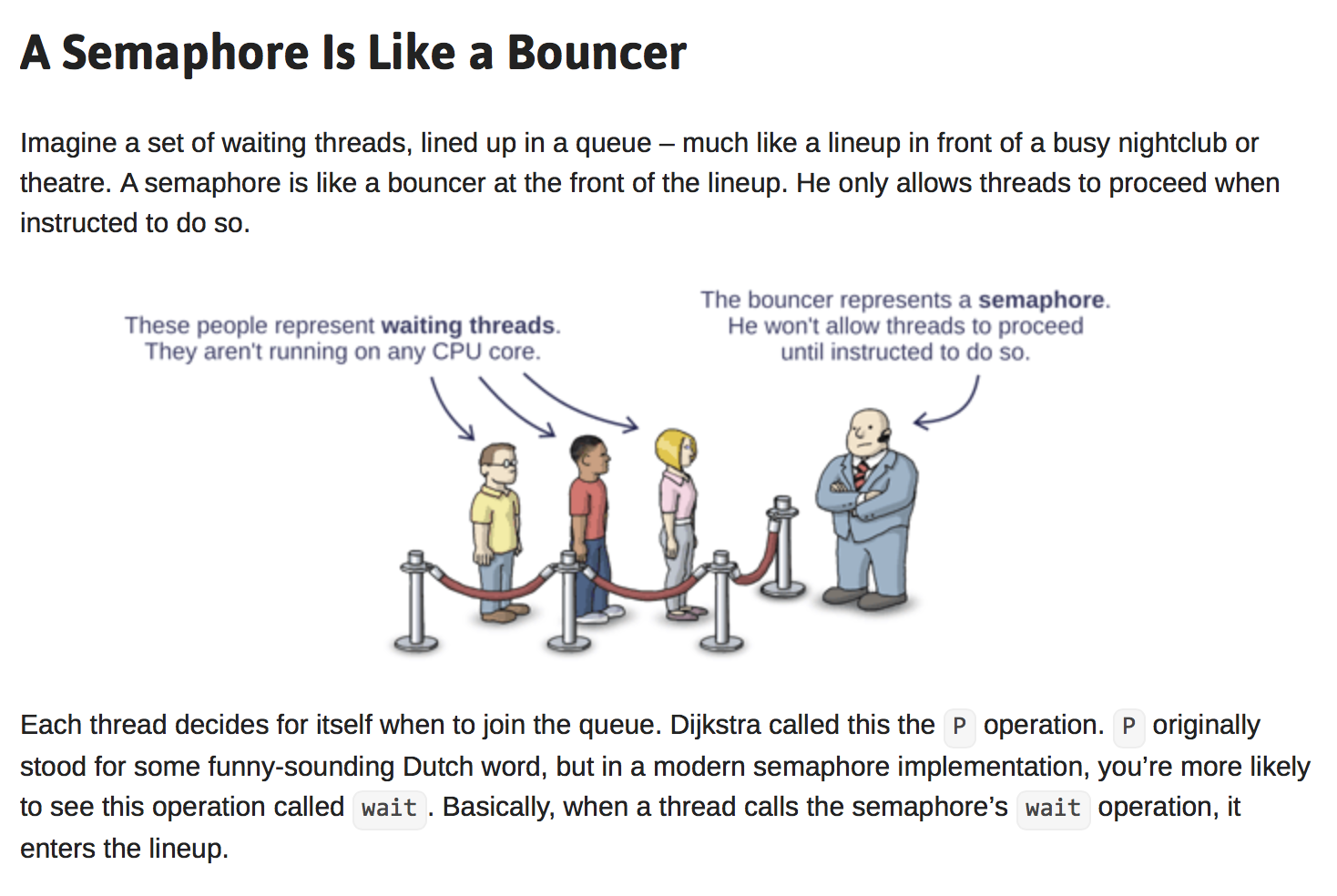Lock-Free Data Structures. The Evolution of a Stack -- Max Khiszinsky
Max Khiszinsky describes in his recent blog article different approaches to develop concurrent containers.
Lock-Free Data Structures. The Evolution of a Stack
by Max Khiszinsky
From the article
Describing the known algorithms would be quite boring, as there would be a lot of [pseudo-]code, plenty of details that are important but quite specific. After all, you can always find them in the references I provide in articles. What I wanted was to tell you an interesting story about exciting things. I wanted to show the development of approaches to designing concurrent containers.


 Hot off kukuruku:
Hot off kukuruku: